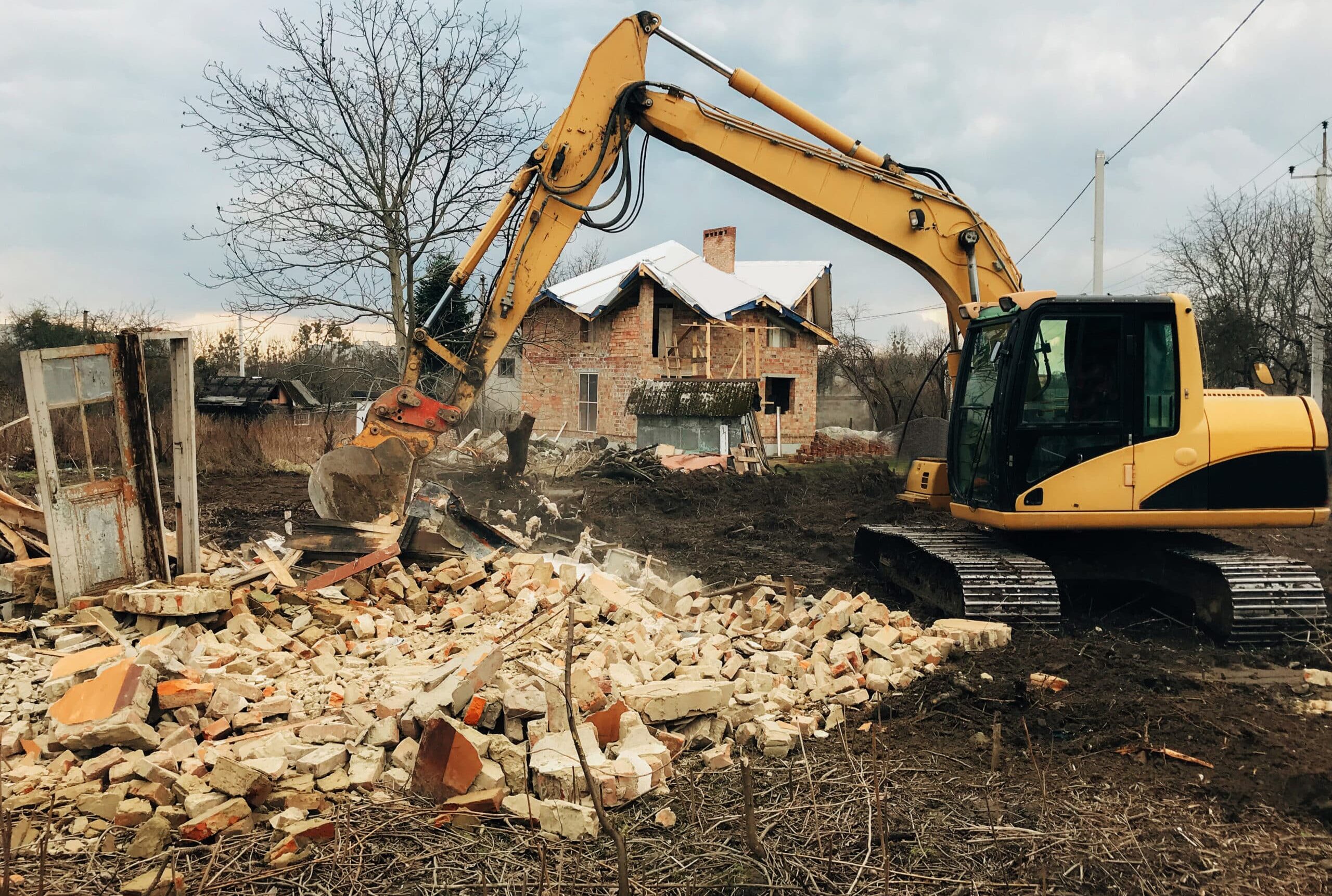Eminent domain is the ability of the government to acquire private property for public use. A typical example of how the government may use eminent domain is urban revitalization projects targeting areas deemed to be affected by urban blight. Our attorneys explain the basic facts about blighted communities and review additional considerations regarding how communities are selected for eminent domain projects.
What Is a Blighted Community?
A blighted urban area or community is a neighborhood or section of a city that has fallen into disrepair. This is usually characterized by deteriorating buildings, abandoned structures, and a lack of essential amenities like utilities and proper infrastructure. These areas often experience population loss, changing demographics, and unsafe living conditions.
This situation can lead to decreased quality of life for residents, as these areas often result in higher unemployment and crime rates. Urban blight also has a negative effect on local businesses and property values and may also slow down or impede the economic growth and stability of an affected community.
How Does Eminent Domain Work in Blighted Areas?
In blighted communities and urban areas, eminent domain is used to acquire neglected or underutilized properties and transform them into vibrant and economically viable spaces. The primary objective is eliminating blight, attracting private investment, and promoting community well-being.
For example, suppose a neighborhood has a rundown and abandoned building. The roof is caving in, the windows are broken, and graffiti is all over the walls. It is an eyesore and can also attract criminal activity and negatively impact property values. In such cases, the government may step in and use its power of eminent domain to acquire the property, demolish it, and initiate redevelopment projects to revitalize the area.
What Are the Advantages and Disadvantages of Redeveloping Blighted Communities?
Using eminent domain powers for community revitalization projects can be controversial. On the one hand, eminent domain projects are said to positively impact affected communities as they enable local governments to acquire blighted properties that have become eyesores and safety hazards, allowing for their demolition or redevelopment. This allows the government to encourage private developers to invest in the revitalization of these areas. This influx of investment often leads to the creation of new businesses, job opportunities, improved infrastructure, and increased property values, leading to the creation of safer and more livable communities.
On the other hand, critics argue that it can lead to the displacement of vulnerable or minority populations and result in the loss of historic or culturally significant structures. In addition, because the definition of blight can be rather vague, the government may try to seize properties claiming that they are blighted when that is not really the case – one abandoned structure does not necessarily make the whole block a blighted area, making it crucial for property owners to be aware of their rights to protect themselves against unfair takings by the government.
What Should I Do if I Don’t Agree That My Property Is Blighted?
If you have been approached by a government entity and made aware that your property is considered part of a blighted area and may be included in an eminent domain redevelopment project, your first step should be to consult an eminent domain attorney right away. Ignoring the issue and hoping it goes away is not the right approach, as you may end up losing your property and getting paid an unfair amount as compensation.
An attorney can help protect your rights as a property owner and help you build your case against the government, gathering evidence to support your argument that your property is not blighted and that losing it would mean the government may be abusing its eminent domain powers. Your attorney can also help you secure fair compensation for your property in case the redevelopment project cannot be stopped.
At Hansen, Howell & Wilkie, PLLC, our team of skilled attorneys is well-versed in all legal aspects of eminent domain issues and can provide strong representation for property owners affected by redevelopment projects. Call our office at 919-256-5266 to learn more and request an appointment to discuss your case.




